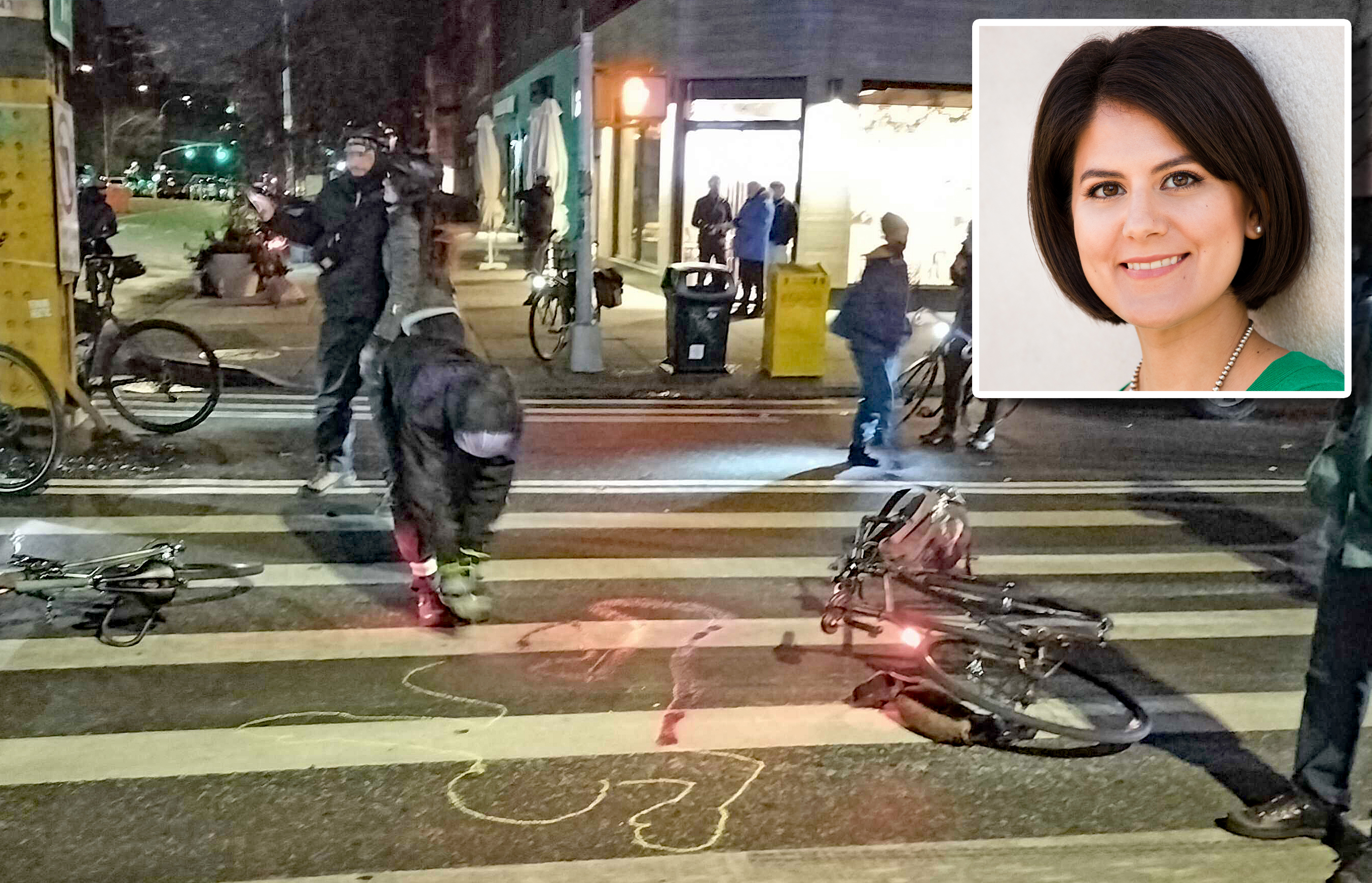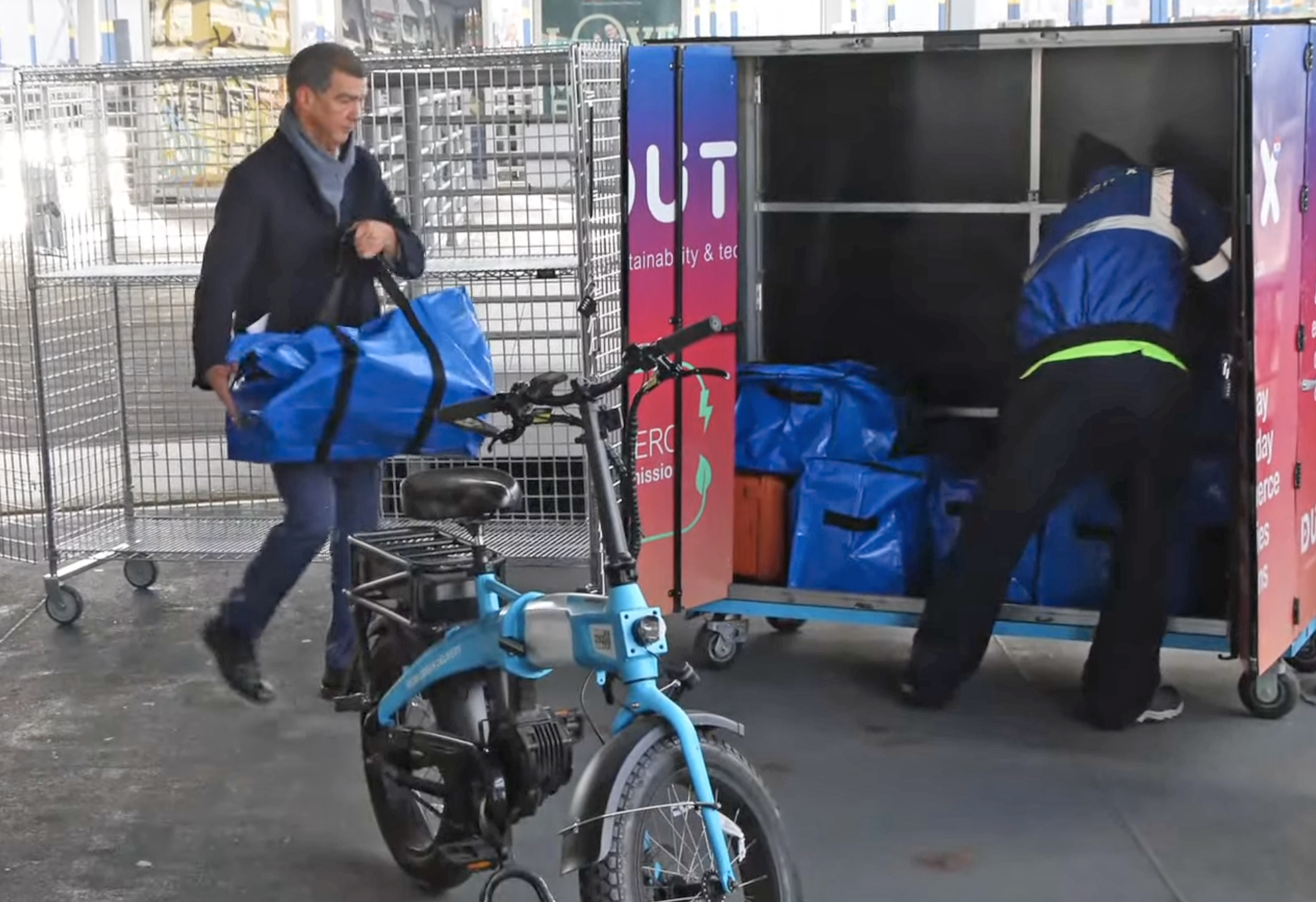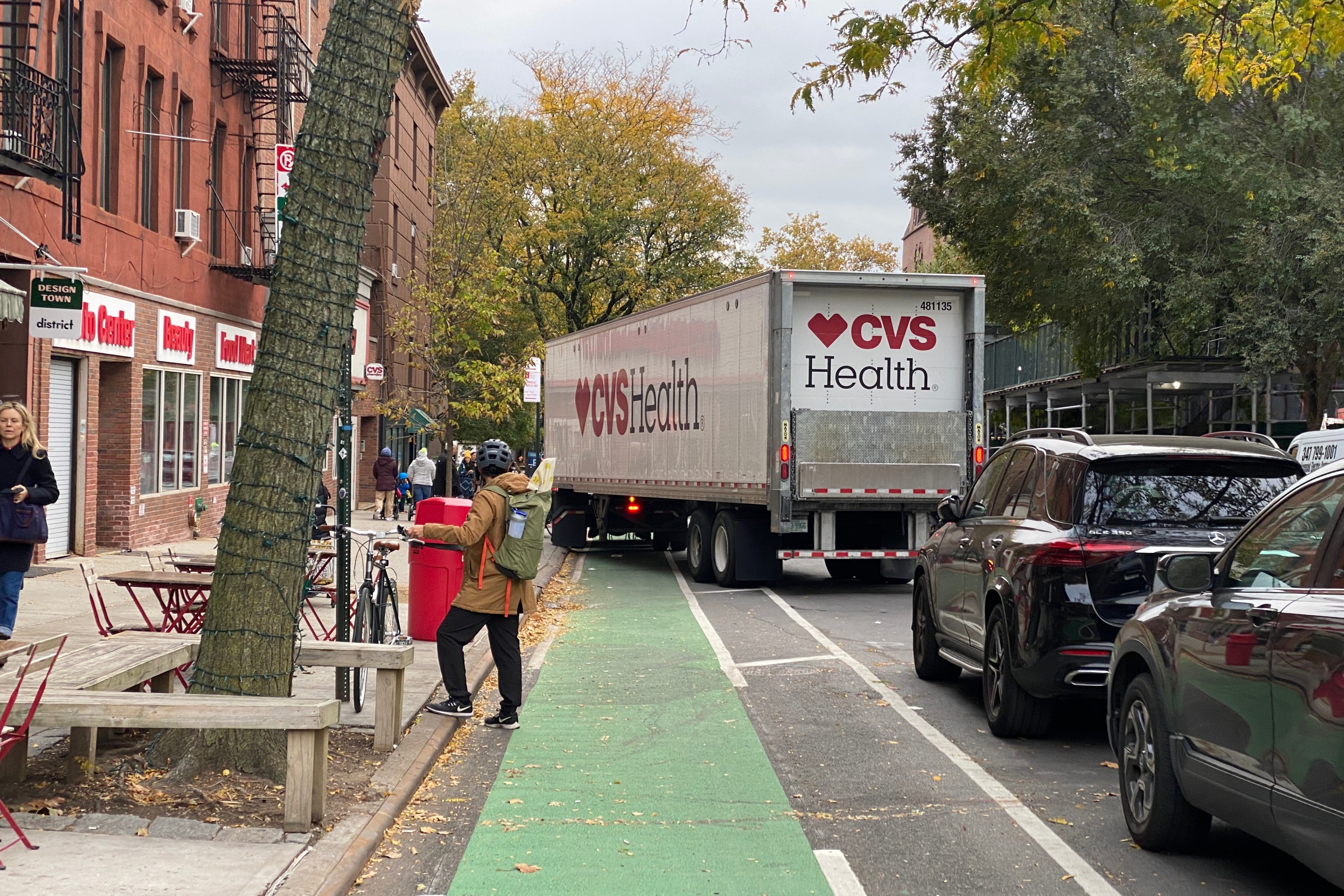 It's past time for lawmakers, judges, prosecutors and police to step up for kids like Christian Acteopan, Diego Martinez, Hayley Ng and Axel Pablo, whose sober killers went unpunished.
It's past time for lawmakers, judges, prosecutors and police to step up for kids like Christian Acteopan, Diego Martinez, Hayley Ng and Axel Pablo, whose sober killers went unpunished.While it took a lot of very public arm-twisting, last week brought a rare bit of good news from Albany: Lawmakers actually passed and adopted legislation to increase penalties for drunk drivers. And they did so, by their standards, with lightning speed. Reacting to the death of 11-year-old Leandra Rosado, who was thrown from a car driven by an intoxicated Carmen Huertas on the Henry Hudson Parkway on October 11, Governor David Paterson last Wednesday signed a bill making it a felony to drive drunk with children as passengers.
There's no getting around the politicking inherent in such acts of legislative munificence, but it appears that, as far as it goes, "Leandra's Law" is for real. In addition to the felony provision, once the law takes effect, first-time DWI offenders will be tagged with a license restriction that limits them to driving vehicles equipped with an alcohol-detecting ignition interlock device. The interlock notation will also be filed with the DMV so that it will show up on a computer check should a driver be stopped without his or her license.
According to the Times, New York is now one of just 12 states with an interlock requirement for first-time DWI offenders, and when it comes to punishing adults for driving drunk with kids in the car, Leandra's Law -- on paper at least -- lives up to its billing as the toughest in the nation.
"Twenty-six other states have statutes addressing this issue," says Nassau County prosecutor Maureen McCormick. "Arizona is the only other state that currently classifies the offense as a felony. The potential penalties with New York's statute are more severe than Arizona's.
"Leandra's Law is a bill that sends a clear message that driving while intoxicated is criminally dangerous and when you directly subject an innocent child to that dangerous choice, you will be charged with a felony. The child is completely vulnerable to the adult's choice to drive drunk. They are literally hostages in the car."
The new law carries a penalty of up to four years in jail for those convicted of being legally intoxicated while driving with passengers age 15 or younger. What Leandra's Law doesn't do, however, is further protect kids (or adults) from drivers whose recklessness does not include alcohol consumption. Nor has Albany so far been moved to strengthen penalties for sober drivers who endanger, maim and kill kids (or adults) outside a vehicle.
In a recent summation of the current state of traffic justice in New York, Gotham Gazette described events leading to the adoption of Leandra's Law as a "perfect storm" of tragedy and publicity. If there was a benefit to the media's ceaseless obsession with Diane Schuler, it's that her deadly summer escapade was still fresh in the minds of many when Huertas flipped her Mercury filled with frightened young hostages on the Henry Hudson. How many children, parents, grandparents, brothers, sisters, aunts and uncles have to suffer and die at the hands of sober drivers to spark a similar tsunami of outrage?
The penalties prescribed by Leandra's Law sound tough, but they are only as punitive as the legal system charged with meting them out. As last week's capitol fight neared its climax, in Carmel "DWI mom" Susan Rogge was sentenced to three years probation for crashing her car with five kids inside -- including her 13-year-old daughter, who called 911 after the wreck. Though her BAC level was above .18 when she was arrested, and though she had been charged for a previous incident in which she drove into her son, prosecutors dropped five counts each of reckless endangerment and endangering the welfare of a child, as well as a misdemeanor charge of aggravated driving while intoxicated, in exchange for a guilty plea to misdemeanor DWI.
The only difference between Susan Rogge and Carmen Huertas or Diane Schuler is blind luck, and her lenient sentence is a sign of how forgiving the system can be of dangerous drivers, even those who are drunk, regardless of the laws on the books.
Another sign: Leandra's Law won't take effect until next August, in order to give municipalities time to find suppliers of interlock devices. This despite the fact, says McCormick, that judges have had the capacity to sentence DWI offenders to interlocks for years.
"Nothing prevents them from doing it now," she says.





